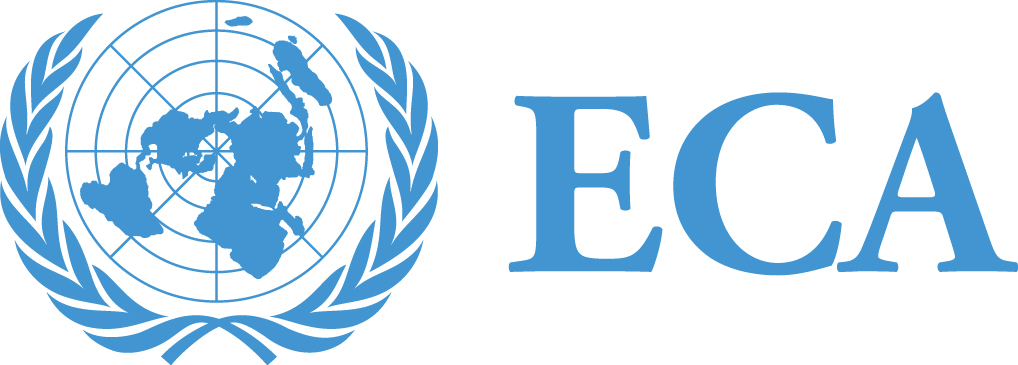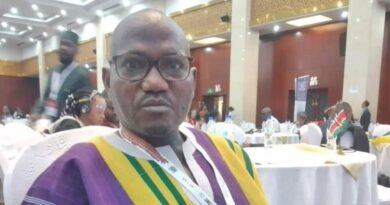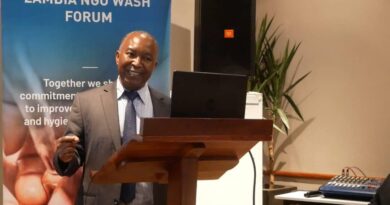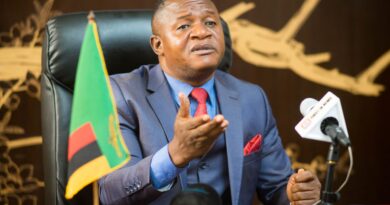Africa Turns from Aid to Action on $1.3 Trillion SDG Gap
Africa’s leaders and development experts have issued a bold call for structural transformation and self-reliance to address the continent’s staggering $1.3 trillion annual Sustainable Development Goal (SDG) financing gap. The consensus: foreign aid alone will not close the deficit.
Speaking at a high-level side event during the 2025 UN High-level Political Forum on Sustainable Development, Claver Gatete, UN Under-Secretary-General and Executive Secretary of the Economic Commission for Africa (ECA), said it was time for Africa to stop exporting raw materials and importing poverty.
“Aid won’t close the gap,” Gatete warned. “We need to invest in manufacturing, green industries, and youth-led enterprises.”
The event, co-hosted by the Government of Uganda and the ECA, focused on operationalizing the Kampala Declaration, adopted earlier this year at the Africa Regional Forum on Sustainable Development (ARFSD). The declaration offers a roadmap for integrating regional strategies with the global 2030 Agenda and Africa’s Agenda 2063.
Ugandan Prime Minister Robinah Nabbanja said while Africa remains “dangerously off track,” there are promising signs. She pointed to Uganda’s progress in maternal health, gender equality, and SDG-linked budget reforms. “The Kampala Declaration is practical,” Nabbanja noted. “We’re proud to take it forward.”
Key barriers highlighted included rising debt burdens, limited concessional financing, and high capital costs. Gatete reiterated the ECA’s support for an African Credit Rating Agency to combat biased international ratings and advocated for blended finance models, local currency bonds, and digitized revenue systems to strengthen domestic financing.
The forum also stressed youth inclusion. “We must stop viewing youth as recipients of development and start recognizing them as drivers of it,” Gatete said, urging investment in digital skills, vocational training, and entrepreneurship.
Selma Malika Haddadi, Deputy Chairperson of the African Union Commission, emphasized mutual respect in global partnerships. “Partnership is not patronage,” she said. “The Kampala Declaration reflects will, not just potential.”
With fewer than five years left to achieve the SDGs and the second ten-year implementation plan of Agenda 2063 underway, speakers agreed: the time for declarations is over, Africa needs systems that deliver.
“The future we want will not be given to us,” concluded Gatete. “It must be built. And we must build it now.”



